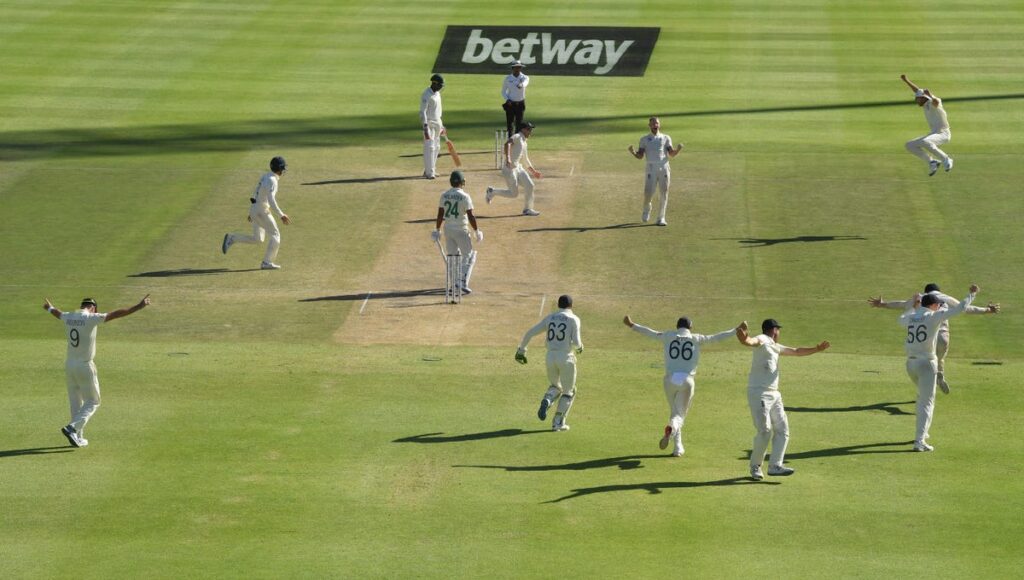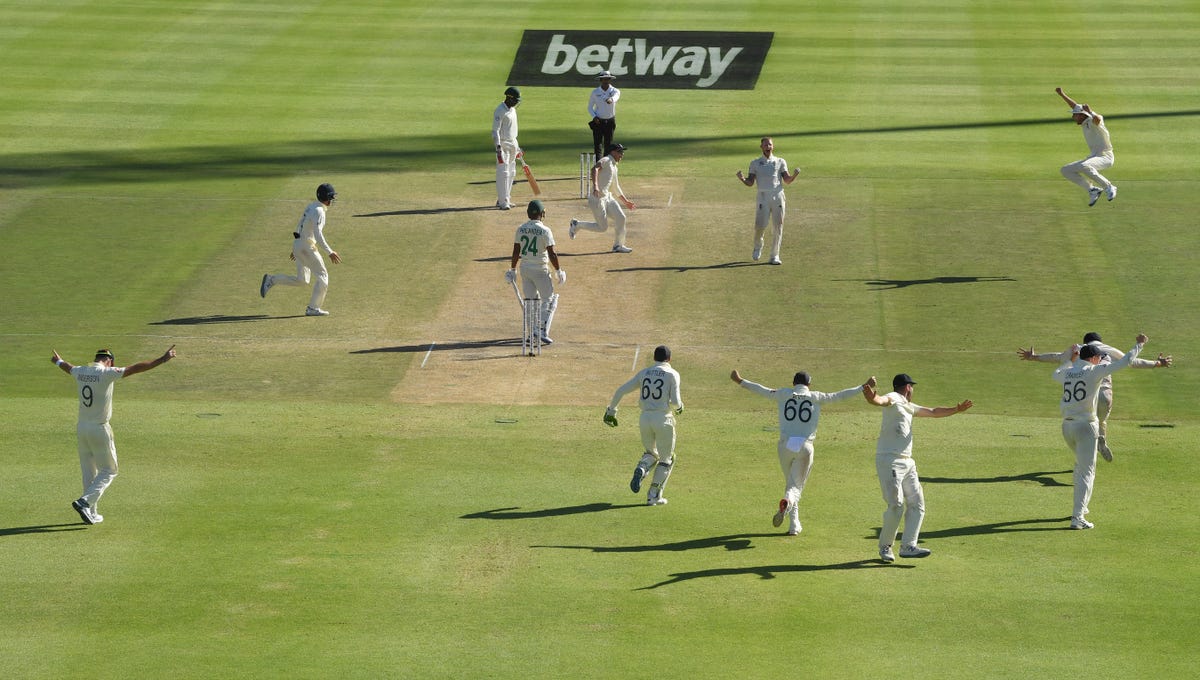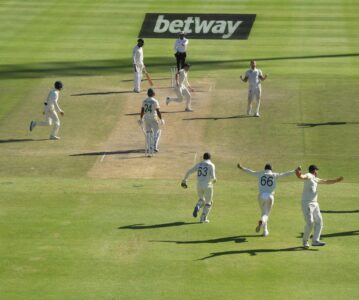
In 2001, Stuart Robertson, then marketing manager for the England and Wales Cricket Board (ECB), proposed a 20-over-per-side game to the county chairmen before the Benson & Hedges Cup ended in 2002 due to dwindling crowds and sponsorships.
The county chairmen voted 11-7 in favour and the first T20 game was played on 13 June 2003 between the English Counties in the Twenty20 Cup.
“Thanks England for ruining cricket!” Now that might come across as the most absurd comment or statement considering the success of the Indian Premier League, Caribbean Premier League or the Big Bash in Australia. But this underlines my comment and I shall explain later in detail.
Test cricket, for me, is the what is cricket. The chess-like nature of captains over five days to out-think, out-play and out-whit their opponent for the sake of national glory. Test cricket is still the pinnacle of the ultimate batsman or bowler.
The consistency, patience and concentration needed created the great players like Sir Donald Bradman, Brian Lara, Jacques Kallis and the like. But, when commercialism brought about the professional era, things started to change.
The need for more crowds, more sponsorships and more TV deals to line the pockets of administrators created the environment we have now – T20 cricket.

The 50-over game came into effect in 1951 in India, with the first English game taking place in 1962, although the English game was 65-overs a side. The first One-Day International took place in Melbourne in 1971 with the first World Cup in 1975.
Many people would state that test cricket is too boring, although Australia changed that perception in the 2000’s under Steve Waugh while England have begun a revolution under new coach, New Zealander, Brendon McCullum.
Added to this, people would say that 50-over cricket is boring as cricketing sides would trundle along at around 5-runs to the over while T20 cricket rushes over the falls at around 9-runs to the over. Razzle-dazzle and all that.
The emphasis on T20 cricket is killing the nature of pure cricket – test cricket. The fact that nations have to curtail international tours to make ‘windows’ for T20 tournaments around the world, especially the financially lucrative IPL, has taken away the lust for intriguing ventures that teams take to all parts of the globe.
Except for those three moguls at the top of the financial pile, namely India, England and Australia. The Poms and the Aussies battle for the Ashes every two years in a five-match series. England plays the most tests than any other country.
The fact that South Africa, and the rest of the crumb-feeding nations, have to settle for two-test series and one-off’s, while cramming in three to five ODI’s and T20 matches on a tour is ludicrous.
T20 cricket needs to get relegated to domestic tournaments only and those players wishing to make a living from only playing T20 cricket may do so but, should they chose this path instead of turning out for their country, then so be it.
If players like Dewald Brevis, Tristan Stubbs, Virat Kohli, Kagiso Rabada or even David Miller wish to turn out for their IPL franchises or spend six weeks in the Caribbean or spend a fort-night in Oz, then so be it – leave the real cricket to real men.
T20 cricket can be won with one player turning in a star performance while test cricket and ODI’s can still be lost when only one player performs at his ultimate best.
It is just not cricket!



[…] Cricket One-Day Tests July 9, 2022 July 9, 2022 Brendon Atwell People complain that they do not like one day cricket because to watch a side stroke the ball around at 5-runs to the over for 50 overs is not exciting enough for them It’s Just Not Cricket […]
[…] recently wrote that T20 game should be relegated to domestic only and that this should not impact on the international game, but here we see that money talks more […]